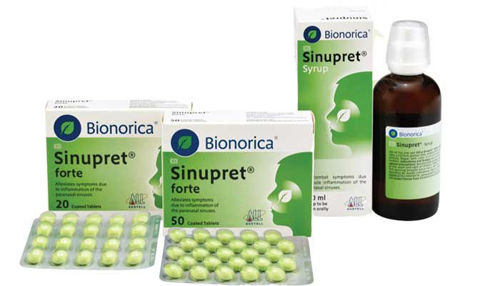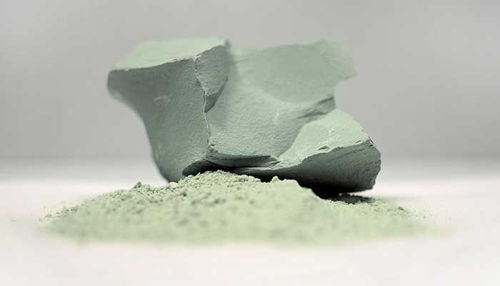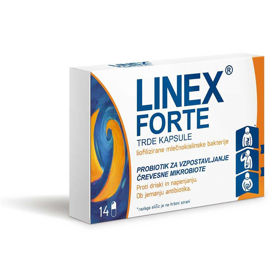In antibiotic diarrhea, probiotics play an important role as they restore colonization resistance, which is a protective mechanism against invasion, colonization of pathogenic microbes, strengthen mucosal barrier function by secreting mucins and strengthen body contacts between intestinal wall cells.

The use of antimicrobials has revolutionized clinical practice. Incurable and deadly diseases have become quick and easy to cure. However, it is therefore necessary for the patient to complete the antimicrobial therapy as prescribed or not to interrupt it. However, probiotics can help with this, as their concomitant use can reduce the frequency or duration of the most common side effect, diarrhea. Thus, we can improve patient participation in treatment and prevent patients from returning to the physician and changing therapy.
The most common side effect (which is also the most common reason for stopping therapy1) of antimicrobial use is diarrhea, which can occur at any time and during antibiotic treatment or even 8 weeks after the end of treatment. We talk about antibiotic-induced diarrhea when there is a discharge of liquid or watery stools at least three times a day for 3 days. Its incidence varies between 5 and 39%, with a higher incidence in hospitalized patients.
Causes and mechanisms of antibiotic diarrhea
• Inhibition of anaerobic bacteria (aminopenicillins, cephalosporins, clindamycin) leads to osmosis
diarrhea due to accumulation of undigested carbohydrates.
• The protective mechanism of commensal * bacteria is disabled › the growth of pathogenic microorganisms is enabled (occurrence of C. difficile-induced diarrhea - a common complication of antibiotic diarrhea (10–25%) ).
• Antibiotics with prokinetic action (eg erythromycin and clavulanic acid) promote peristalsis and may consequently cause diarrhea.
• During the recovery of the destroyed intestinal microbiota, the intestine is more susceptible to infections with pathogenic microorganisms (this is the reason for the appearance of diarrhea even longer after the end of antibiotic therapy).
How probiotics help with antibiotic diarrhea
• They restore colonization resistance, which is a protective mechanism against the intrusion or settlement of pathogenic microorganisms.
• They strengthen the function of the mucous barrier by secreting mucins.
• Strengthen close contacts between intestinal wall cells.
• They produce antimicrobial substances, bacteriocins.
• Increase the production of secretory IgA, IL-10.
Clinical support for the use of probiotics to prevent and relieve antibiotic diarrhea Recent meta-analyzes of randomized placebo-controlled studies of probiotic products from the genera lactobacilli, bifidobacteria and Saccharomyces and their combinations in adults support probiotics as a prevention in preventing antibiotic diarrhea.
The relative risk (RR) of diarrhea with probiotic therapy is reduced by approximately 42% (RR = 0.58-0.53). Thus, American general practitioners have already published articles advising that it makes sense to recommend a probiotic in addition to an antibiotic5, also to prevent complications such as diarrhea due to C. difficile infection7. From the analyzes of subgroups it is evident that the usability or. the effect of probiotics on diarrhea prevention was even more noticeable when recommended during antibiotic treatment of H. pylori infection (RR = 0.37).
The authors of the mentioned analyzes emphasize that the effect depends on the strain or combination of strains and groups of patients.
However, all analyzes have shown that probiotics are safe to use if the recommendations for proper use are followed and if risk groups (such as immunocompromised patients) are excluded.











